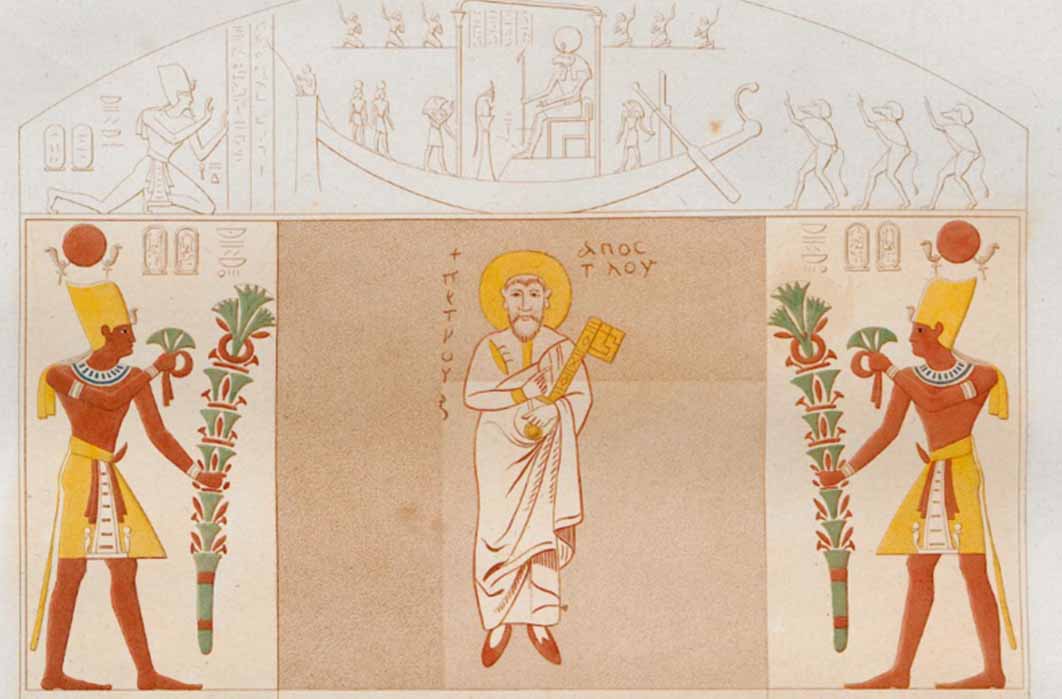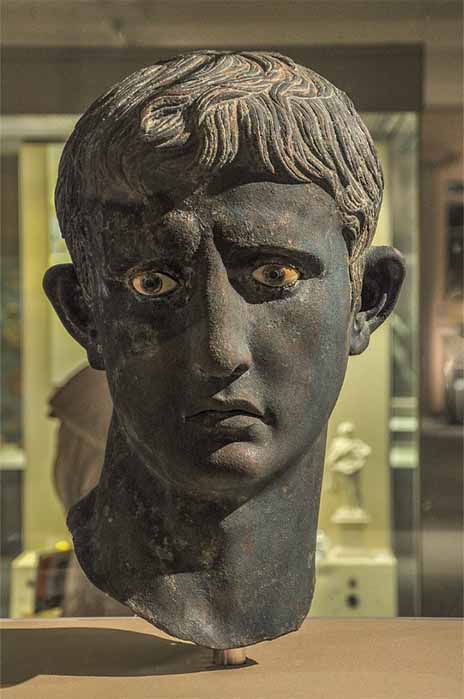
From Pagan To Christian To Islam, Religious Wars In Ancient Sudan
A change in religion more often than not, leads to bloodshed and war as gods hold on to their powers, and their priests and kings and queens take up arms to defend them. The history of Sudan has seen the Nubians defend their religion first against the Romans, but the pagan gods were no match against the wave of Christianity, who by the early medieval age had settled firmly in the Sudanese Nile basin, when the mighty Kingdom of Kush split into three Chrisitan kingdoms. After the crusades by the beginning of the 16th century, Islam invaded from Egypt and the Red Sea and insurgence erupted from within the territory of Old Kush itself. And it all began on a tiny island in the Nile, just above the First Cataract, in the region of Aswan.

Panoramic view of the Philae Temple from south, at its current location on Agilkia Island (Public Domain)
Queen Amanirenas And The Romans
Just above the First Cataract of the Nile, at Aswan there was a little island in the river, no more than 380 metres (1,250 feet) long and about 120 metres (390 feet) broad, called Philae – it was actually an appellation of two small islands, but Philae proper was a very sacred place, both to the Egyptians, for it was considered the burial place of Osiris, well as to the Nubians, who had built a Temple to Amun there. So holy was this temple that it was sequestered and denominated "the Unapproachable” and the priests were not even allowed to dwell there, neither did the fish of the Nile approach it, not did the birds even fly over it. Yet the region of the First Cataract was also the centre of commerce between Meroë of Kush and Memphis of Egypt.
Although the First Cataract marked the southern border of Egypt, and the island of Philae fell within Egyptian territory, during the era of the 25th Dynasty, when the Nubians ruled Egypt as the Black Pharoahs, Pharaoh Taharq had built a temple dedicated to Amun on the island. Subsequently Egyptian and Ptolemaic pharaohs also erected temples on the holy island. Pilgrims came from all over the world to pay tribute and worship the gods. Kushan King Arqamani who ruled in Meroë at the time of the Egyptian revolt of Horwennefer against Ptolemy IV Philopator (reign 221–204 BC), and his successor King Adikhalamani, both made the pilgrimage.

Original Roman caliga, or Roman boot, remnant of the Meroite-Roman War, found at Qasr Ibrim, Egypt. (First century BC – First century AD) British Museum. (Prioryman / CC BY- SA 4.0)
During the first century BC Roman rule of Egypt, pilgrimages declined, but not by the Nubians. It was during this period in 25 BC, that a daring Queen of the Kingdom of Kush called Amanirenas, and her son Akinidad engaged in a full-on war with Roman-Egypt over this territory, probably to reclaim the holy island for the Nubians and to benefit from the trade relations of the First Cataract. Initially the pugnacious queen and her son enjoyed victory. In her rage against the Roman rule, she even had the audacity to raid the temples at Philae, transgressing the rule of “Unapproachable”, desecrated the temples, destroyed statues and brought the head of a statue of Emperor Augustus home, to be buried under the steps of a temple at Meroë, where people would symbolically trample the enemy emperor under foot. The Roman retaliation was swift and brutal – although the statue head was only recovered centuries later in 1912 and now sits in the British Museum.

Head of a statue of Emperor Augustus found in Meroë, Sudan. British Museum. (Aiwok/ CC BY-SA 3.0)




